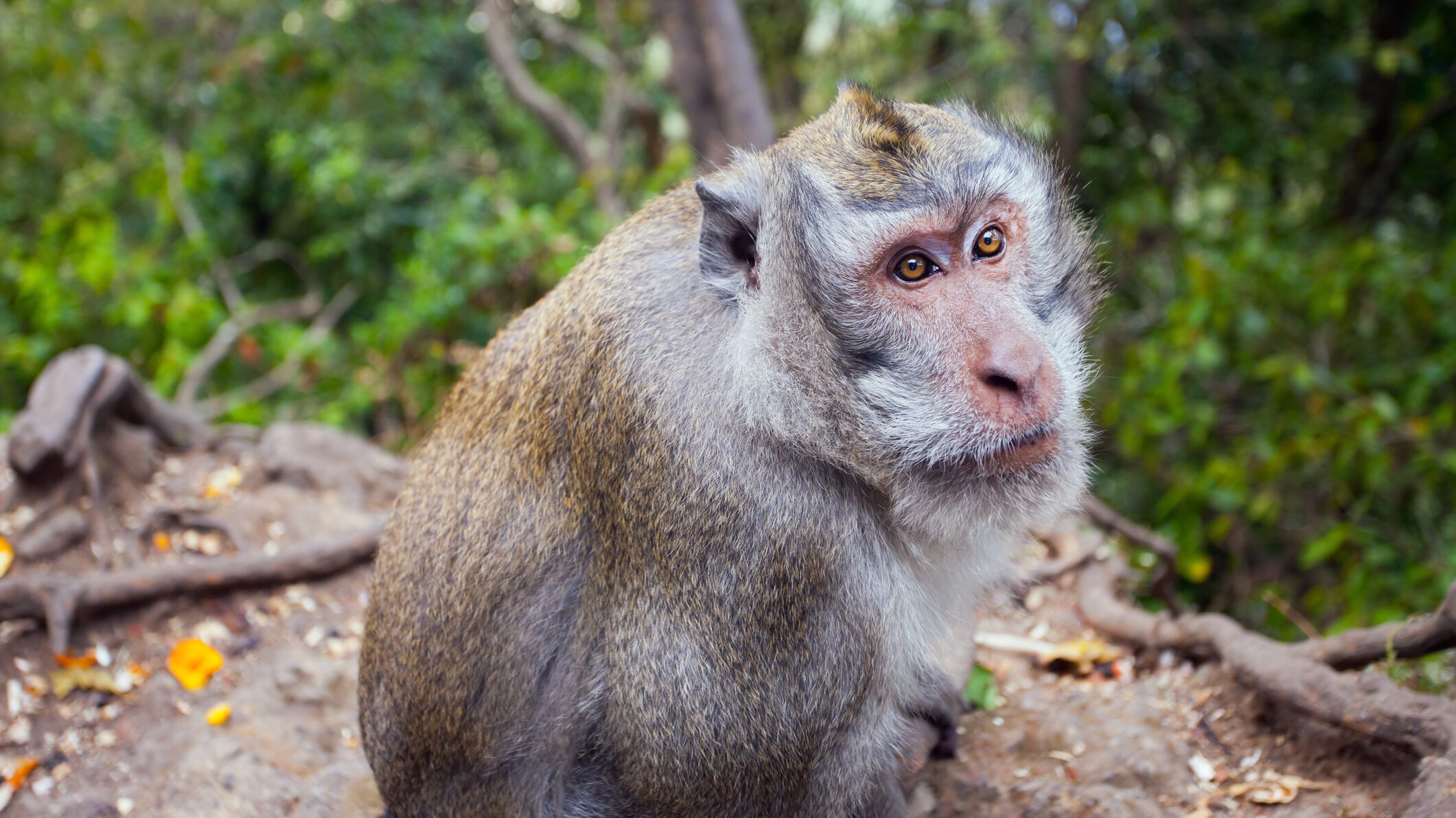
All glories to the congregational chanting of Ṡri Kṛṣṇa’s holy name, which cleanses the mirror of the heart and mind, which extinguishes the forest fire of material existence, which spreads moonlight on the white lotus of good fortune, which is the life of the bride named transcendental knowledge, which increases the ocean of transcendental bliss, which makes us relish full nectar at every step and which thus showers the whole self?
Śrī Śikṣāṣṭakam, Verse 1
The first verse of Śrī Caitanya Mahāprabhu’s Śrī Śikṣāṣṭakam embodies all of Bhakti. In it, thought becomes feeling, then feeling becomes reality itself.
The stirrings of the first verse are a call to the self, to the soul. Our better self, our purer self, awaits us behind the mask of our egoism. Reaching it, reaching ourselves, is possible through sankirtan, the power and pleasure of congregational chanting.
But to fully enjoy sankirtan, we must first remember how Caitanya Mahāprabhu made it a gift to humanity.
Continue reading





